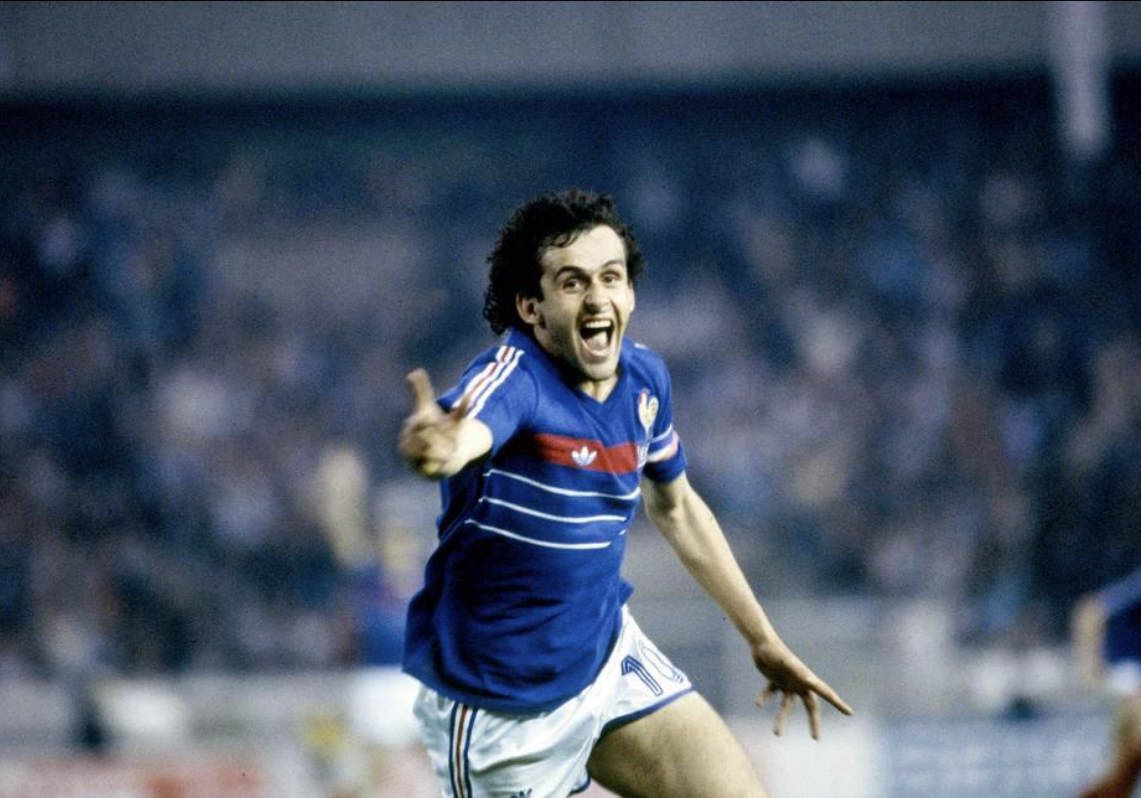Contents
The UEFA European Championship, commonly known as the Euro, stands as one of the most prestigious and highly anticipated football tournaments in the world. Held every four years, the Euro brings together the finest European national teams in a thrilling spectacle of skill, passion, and national pride. As the Euro grew in popularity, it captured the attention of football fans not just in Europe but around the world. The tournament’s global appeal has made it a significant platform for sports betting, with platforms like 1xbet offering enticing 1xbet deals bonus and promotions. In this article, we will take a journey through the history of the Euro, from its inception to its growth into a grand footballing event. We will explore the tournament’s evolution, its impact on European football, and how it has become a celebration of unity, competition, and excitement for fans and players alike.
Inception and Early Years: Laying the Foundation for European Glory
The idea of a continental football championship for European nations was conceived in the early 1920s, but it wasn’t until 1960 that the inaugural UEFA European Championship took place.
The Inaugural Tournament – France 1960
The first Euro was held in France in 1960 and was known as the European Nations Cup. The tournament was contested by just four teams, with the Soviet Union emerging as the champions after defeating Yugoslavia in the final. The competition format has evolved significantly since then to accommodate the growing number of European national teams.
The Trophy and Format
The Henri Delaunay Trophy, named in honor of the French football administrator who proposed the idea of a European championship, was introduced as the trophy awarded to the winning team. In the early years, the tournament followed a knockout format, with the winners of the quarter-finals advancing to the semi-finals and, subsequently, to the final.
Growing in Size and Status: Expanding the Euro
The Euro gradually gained popularity among European footballing nations, prompting UEFA to expand the tournament’s format and participating teams.
Expanding to Eight Teams – Italy 1968
In 1968, the Euro expanded to include eight teams. The tournament format remained as a knockout stage, and Italy emerged victorious, winning their first European Championship by defeating Yugoslavia in the final.
Host Nations and Qualification
With the inclusion of more teams, hosting the tournament became a significant undertaking. UEFA introduced a system of rotating host nations to share the responsibility among European countries. Additionally, qualifying rounds were introduced to determine the teams that would participate in the finals. 1xbet offers various deals and bonuses to enhance the betting experience for football enthusiasts during the Euro. The platform provides opportunities and 1xbet promo codes for fans to participate and engage with the tournament through a range of betting options.
Becoming a Quadrennial Event: Regularly Uniting Europe
In 1976, UEFA decided to hold the European Championship every four years, providing fans with a more regular and eagerly anticipated football spectacle.
Penalties and Dramatic Finals – Czechoslovakia 1976
The 1976 Euro final between Czechoslovakia and West Germany was the first to be decided by a penalty shootout. Czechoslovakia emerged as the champions, showcasing the tension and drama that penalty shootouts can bring to football championships.
Stars Emerge – Panenka and Hrubesch
The 1976 final also witnessed the birth of the iconic “Panenka” penalty, named after Antonin Panenka, who audaciously chipped the winning penalty over the diving German goalkeeper. Additionally, Horst Hrubesch of West Germany showcased his prowess in aerial duels, scoring crucial headers throughout the tournament.
A Bigger Stage: Expanding to 16 Teams
With the growing popularity and increasing number of European footballing nations, UEFA expanded the Euro once again in 1996 to include 16 teams in the finals.
The Introduction of Group Stages
To accommodate the larger number of teams, UEFA introduced a group stage format in addition to the knockout rounds. This new format allowed for more matches and increased opportunities for teams to advance to the knockout stages.
Impact on European Football
The expanded format provided lesser-known European teams with a platform to showcase their talent and compete against footballing giants. Several smaller nations achieved remarkable success in the Euro, elevating the overall quality and competitiveness of the tournament.
Footballing Icons and Memorable Moments
Over the years, the Euro has produced numerous footballing icons and unforgettable moments that have left a lasting impact on fans and players alike.
Michel Platini – Euro 1984
French footballing legend Michel Platini showcased his brilliance in the 1984 Euro held in France. Scoring a remarkable nine goals in five matches, Platini led France to their first European Championship title, leaving an indelible mark on the tournament’s history.
Marco van Basten – Euro 1988
The 1988 Euro in West Germany witnessed Dutch striker Marco van Basten’s moment of genius. In the final against the Soviet Union, van Basten scored one of the greatest goals in football history, a breathtaking volley from an acute angle that secured victory for the Netherlands.
The UEFA European Championship, or the Euro, has evolved from a modest tournament with four teams to a grand footballing spectacle that unites Europe every four years. The competition has grown in size, status, and significance, becoming a platform for footballing icons to shine and unforgettable moments to be etched in history. With the global appeal of the Euro, sports betting platforms like 1xbet offer fans enticing deals and promo codes to enhance their betting experience. As the Euro continues to captivate football fans worldwide, it remains a celebration of unity, competition, and the beautiful game of football. 1xbet deals, bonuses and promo codes offer additional incentives for football fans to bet on their favorite teams and players during the Euro. These promotional offers add excitement and value to the betting experience, making the tournament even more captivating for football enthusiasts.
